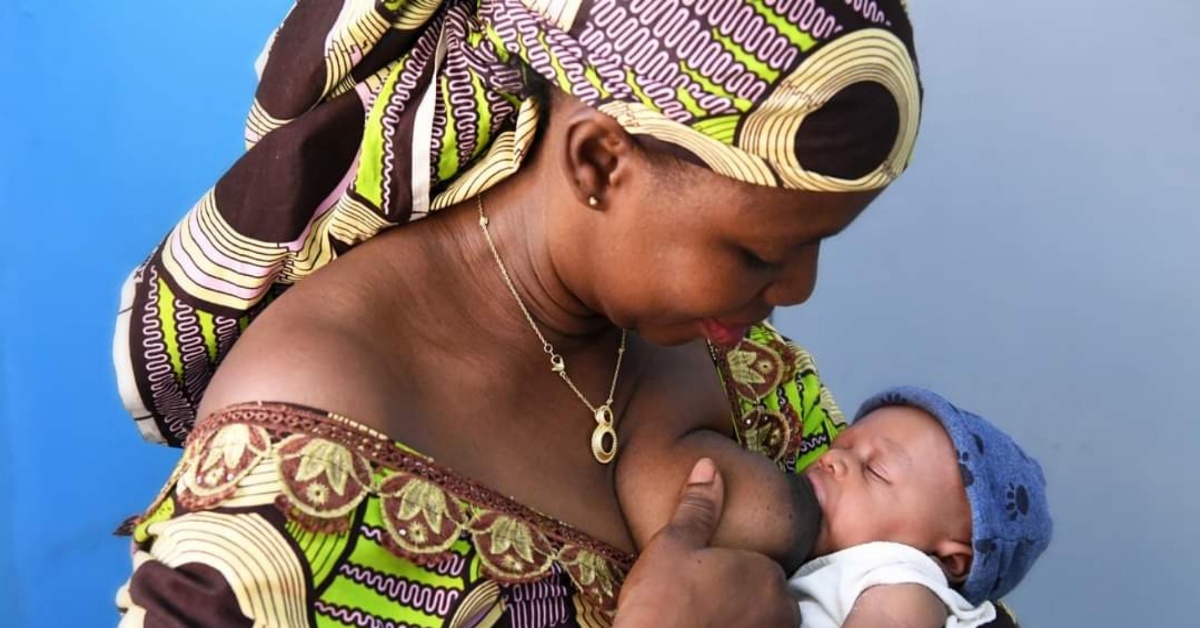Sierra Leone has joined the world to mark this year’s World Breastfeeding Week (WBW) to highlight the importance of effective breastfeeding as key to national development.
On the theme “Step Up for Breastfeeding-Educate and Support,” this year’s celebration was focused on strengthening the capacity of key actors to protect, promote and support breastfeeding across all levels of society.
The global campaign was coordinated by the World Alliance for Breastfeeding Action (WABA) to raise awareness and galvanise action to support the effective practice of breastfeeding.
The World Health Organisation (WHO) recommended exclusive breastfeeding for the first six months of life, followed by continued breastfeeding with appropriate complementary foods for up to two years and beyond.
It said early and uninterrupted skin-to-skin contact, rooming-in and kangaroo mother care which significantly improved neonatal survival and reduced morbidity.
Celebrated every August 1 to 7, WBW aims to highlight the huge benefits that breastfeeding can bring to both the health and welfare of babies, as well as provide a wider push for maternal health, focusing on good nutrition, poverty reduction and food security.
This week is World Breastfeeding Week, and WHO has shared some important tips on the importance of exclusive breastfeeding.
The quintessence
According to WHO, “Breastfeeding is one of the most effective ways to ensure child health and survival. However, nearly two out of three infants are not exclusively breastfed for the recommended six months—a rate that has not improved in two decades. “
This means that only 41% of infants are exclusively breastfed. It is also advised that babies are fed breast milk within an hour of birth.
Why this matters?
Exclusive breastfeeding means that babies are only fed breast milk without water or any other food or drink.
Breast milk contains all the nutrients babies need including antibodies that protect babies against diseases.
These are many benefits of exclusive breastfeeding;
Feeding your baby breastmilk within an hour of birth is important because it protects the newborn from infections and diseases and essentially keeps them alive.
Babies who aren’t breastfed, stand the risk of dying due to diarrhoea, gastrointestinal infections, pneumonia and other infections.
It also builds up their immune system.
Research has shown that children who were breastfed perform better in school and on intelligence tests and also earn more money in future.
According to BMC Pregnancy and Childbirth, “Results showed a 2.1 point difference in IQ at age 8 for children exclusively breastfed and an increase of 1.5 IQ points in children who received mixed feeding.”
WHO states that women who spend a lot of time breastfeeding their children are less likely to get ovarian and breast cancer.
If a woman breastfeeds exclusively for six months, her body releases a hormone called Lactational Amenorrhoea Method which causes her not to menstruate and may [though not always] prevent her from getting pregnant again.
Jamapediatrics states,” Breastfed babies seem to be better able to regulate their food intake and thus are at lower risk for obesity.”
Exclusively breastfeeding your child reduces the chances of them growing up to be obese or overweight.




 Post a comment
Post a comment









